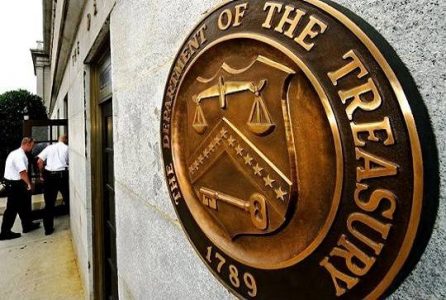
US Secretary of State: Taliban terrorist group taking over Afghanistan will make it a pariah state
If the Taliban took Afghanistan by force and abused the rights of the people, they would make the country a “pariah state” and no international recognition or support would be forthcoming, US secretary of State Antony Blinken said here on Wednesday, in the strongest warning yet to the extremist group amid mounting atrocities and continuing violence in the restive country.
On his first visit to India, the US top diplomat met PM Modi, foreign minister Subrahmanyam Jaishankar and NSA Ajit Doval, with Afghanistan, Covid and Quad topping the agenda in all discussions. While many were looking for details in terms of specific outcomes, the meetings were along broad strategic lines, aligning the outlook of both countries on issues like Quad and Indo-Pacific, deepening cooperation and synergies.
Blinken’s formulation on Afghanistan reflected Indian concerns as he said, “An Afghanistan that does not respect the rights of its people, an Afghanistan that commits atrocities against its own people would become a pariah state. The Taliban say they seek international recognition, that they want international support for Afghanistan. … the taking over the country by force and abusing the rights of own people is not the path to achieve those objectives.”
The convergence could be seen in Modi’s tweet after meeting Blinken: “I welcome President Biden’s strong commitment to strengthen the India-US strategic partnership, which is anchored in our shared democratic values and is a force for global good.”
After his meeting with Jaishankar, Blinken tweeted, “Thanks to @DrSJaishankar for a collaborative discussion today on many areas of cooperation, including efforts to support peace and stability in Afghanistan. India is one of our most valued partners, and the US welcomes India’s emergence as a leading global power.”
His remarks constitute a shift in US policy, bringing it much closer to the Indian position that a power grab in Afghanistan by the Taliban would lack legitimacy. Blinken added, “We’ve also seen these reports of atrocities committed by the Taliban in areas that it’s taken over that are deeply, deeply troubling…” The India-US discussions on the current security challenge can be seem as a culmination of a series of recent regional parleys, as the Taliban have advanced militarily in many districts.
It would be a setback to Pakistan which has supported Taliban on the battlefield against an increasingly embattled Afghan government.
Jaishankar put forth the Indian case, saying, “The gains to Afghan civil society, especially on the rights of women, minorities, and on social freedoms over the last two decades, are self-evident. We must collectively work to preserve them. Afghanistan must neither be home to terrorism nor a source of refugees.”
Covid and the global recovery featured even as the US gave $25 million to India to speed up its vaccination efforts. Expressing appreciation, Jaishankar said, “the openness with which the Biden administration has kept these supply chains open, which has enabled us today to really scale up the vaccine numbers. But this is also a work in progress.” India is likely to open up supplies of vaccines to other countries by early 2022.
Addressing a joint press conference, Blinken and Jaishankar dwelt on progress on the Quad and growing convergences in the Indo-Pacific. Jaishankar issued a full-throated endorsement of the Quad, saying, “opportunities for further collaboration on all these issues but also the importance of observing international law and rules and norms, including UNCLOS. Our ability to work more closely bilaterally in the Quad and elsewhere benefits the international community as a whole.”
Blinken stressed on the need for “cooperation among countries than ever before”. “There isn’t a challenge that doesn’t have impact on the lives of our citizens whether it’s Covid, disruptive impact of emerging technologies, that can be addressed by any one of us acting alone.”
The Quad, Blinken said, “is not a military alliance.” It would deal with “COVID-19, on advancing the climate agenda, on dealing with emerging technologies.” Nearly all of these would be in exclusion of and counter to China’s efforts.
Blinken’s first meeting was with NSA Ajit Doval where the two sides discussed regional security, focusing on the situation in Afghanistan. This was followed by talks with Jaishankar and a working lunch. Blinken ended his day with a meeting with the PM.
Source: India Times





